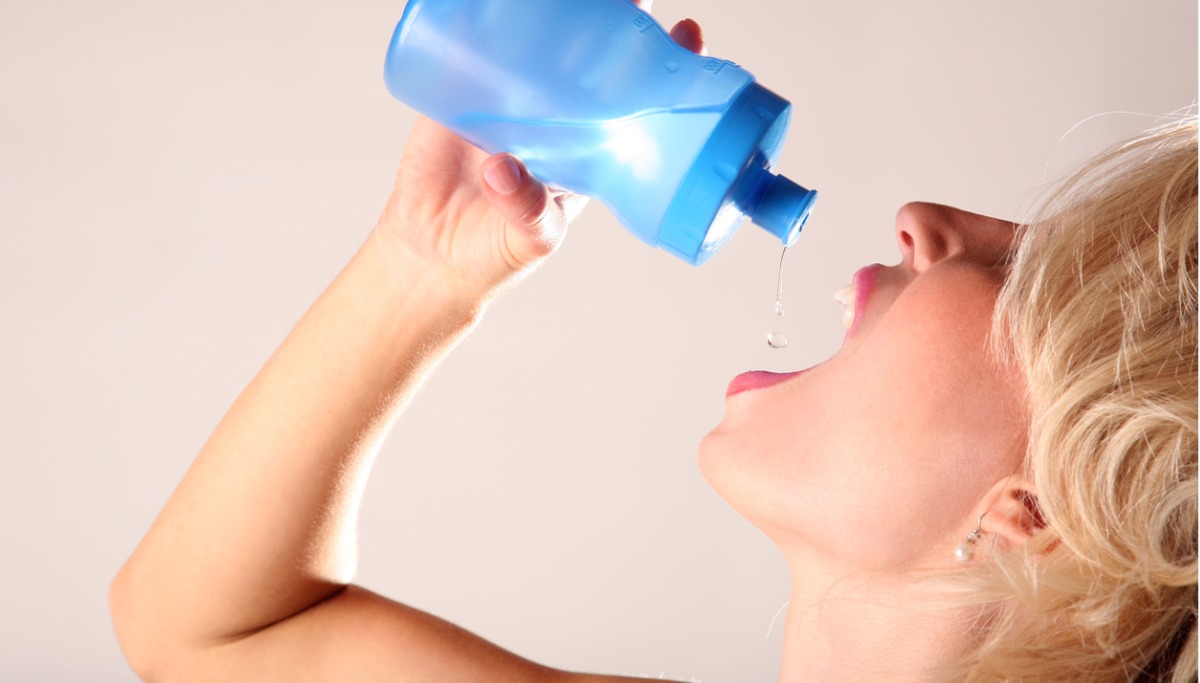Dry mouth treatment and prevention
What is dry mouth?
Dry mouth can be a subjective feeling that your mouth is dry when, in fact, you are still producing enough saliva, or there may be an actual lack of saliva. A true lack of saliva can cause symptoms ranging from minor (e.g., sticky, dry feeling in your mouth) to severe (e.g., tooth decay, gum disease, and other oral infections). Dry mouth may be temporary, as a result of taking certain medications, mouth breathing at night, dehydration or an emotional response (e.g., nervousness, high stress situations), but if it is long-lasting, be sure to talk to your dentist about possible causes. In this article, we will cover solutions for dry mouth and give tips for preventing the more severe consequences of a persistent lack of saliva.
Dry mouth solutions to prevent adverse effects on your oral health
Depending on the cause, the right solution may be as simple as drinking an adequate amount of water. If your dry mouth is long-lasting, then the solutions may require more effort on your part. First, find out from your dentist or other health care provider what might be causing your dry mouth. Even if your dry mouth condition can’t be cured, the right self-care steps will help you lessen the negative effects on your oral health and improve your overall quality of life.
Incorporate the following dry mouth solutions into your daily routine:
- Modify diet
- When eating, take small bites of food and chew well
- Eat soft, moist foods such as canned fruits, foods with sauces and gravies, and stewed foods
- Avoid hard, dry, and sticky foods such as crackers, chips, and cookies
- Avoid spicy or acidic foods such as citrus fruits and juices
- Avoid caffeinated drinks that dry out your mouth like coffee, tea, and certain sodas
- Increase intake of liquids
- Drink plenty of water throughout the day, and consume liquids such as water and non-acidic juices with your meals
- Keep a glass of water at your bedside to sip from nightly
- Develop a saliva-friendly dental routine
- Avoid the use of mouth irritants such as tobacco and alcohol
- Rinse your mouth with a cup of salt water (¼ teaspoon of salt in one cup of water) before and after meals
- Maintain a good oral health care routine at home and get regular dental check-ups
- Consider over-the-counter interventions
- Chew sugarless gum or suck on sugarless candy to stimulate saliva
- Use a humidifier at night
- Talk with your dentist about suggestions for saliva substitutes, medications, or oral lubricants
Final Thoughts
If your dry mouth persists, then it is advisable to seek guidance from your dentist or other health care provider. Certain medications you’re taking could be the cause, or it could be a sign of another condition, such as diabetes, Sjögren’s syndrome, or kidney disease. Dry mouth is usually not a serious issue that needs immediate medical care but ignoring it can have long-term negative effects on your oral health. Use the Delta Dental dentist finder to find the right dentist for you.
Sources:
1. Xerostomia (Dry Mouth). (2021, February 22) from https://www.ada.org/resources/research/science-and-research-institute/oral-health-topics/xerostomia
2. Managing dry mouth. (2015, February) from https://jada.ada.org/article/S0002-8177(14)00056-7/fulltext
3. Dry Mouth. (n.d.) from https://www.mouthhealthy.org/en/az-topics/d/dry-mouth
4. Mouth Dryness. (2020, February 1) from https://www.cancer.org/treatment/treatments-and-side-effects/physical-side-effects/mouth-problems/dry-mouth.html
5. Dry Mouth. (n.d.) from https://www.nidcr.nih.gov/health-info/dry-mouth






.jpg)
